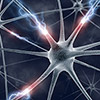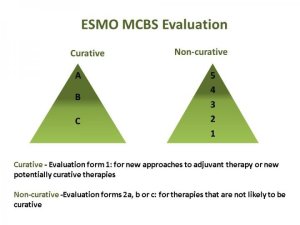Landscape of Gene Expression in the Human BodyA new resource allows scientists to examine how genomic differences affect gene activity in tissues and organs across the body—and how that activity influences susceptibility to diseases such as cancer, heart disease, and diabetes.
Category: Research
Controlling Brain Circuits in Mice
Controlling Brain Circuits in Mice Researchers developed a tool that can turn specific sets of neurons on and off in mice to affect behavior. The technology can help scientists study mental health and disorders.
Human stem cells may improve bone healing in diabetics
Adding stem cells from human bone marrow to a broken diabetic bone enhances the repair process, increasing the strength of the newly formed bone, according to a laboratory-based study presented at…
Finding loopholes in the genome
R-loops, thought to initiate cellular mutations, genome breaks and diseases, may be identified with an accuracy of between 80-90 percent at lower costs and effort.
Epilepsy has been found to reduce the generation of new neurons
International research is exploring the potential of neural stem cells in future therapies to fight the diseaseThe mission of neural stem cells located in the hippocampus, one of the main regions…
Removing more tissue during breast cancer surgery reduces by half the need for second procedure
Removing more tissue during a partial mastectomy could spare thousands of breast cancer patients a second surgery, according to a Yale Cancer Center study.
Rugby players wear head sensors in new concussion study
Randwick Rugby Club players are wearing bio sensors behind their ears so doctors and coaches can measure the impact of hits on the field as part of a new study into concussion in sport.
Scale to stratify magnitude of clinical benefit of anticancer medicines
ESMO, the European Society for Medical Oncology, has announced the publication of the ESMO Magnitude of Clinical Benefit Scale, a tool to assist oncology clinicians in evaluating the most effective anti-cancer medicines for their patients.
Injectable hydrogel boosts stem cell therapy to restore vision, repair brain damage
New research reveals how an injectable hydrogel boosted stem cell transplantation, partially restoring vision in blind mice and repairing brain injury after stroke.
Safety switch preserves beneficial effects of cell therapy
Researchers in the Center for Cell and Gene Therapy at Baylor College of Medicine, Houston Methodist and Texas Children’s Hospital have found that a single dose of an otherwise harmless drug can…
Researchers closer to finding new type 2 diabetes treatment after finding genetic link in mice
Australian researchers are closer to finding a new treatment for type 2 diabetes after discovering a link between protein intake and improved control of blood glucose in mice.




